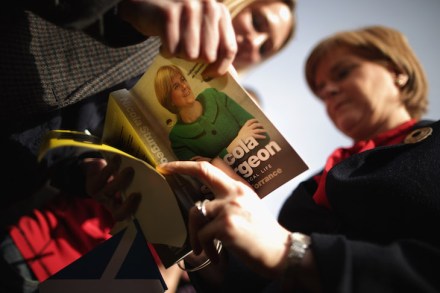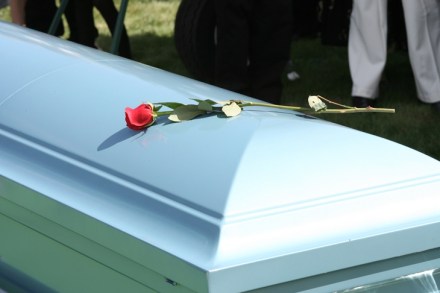Self’s obsessions
This 600-page, single-paragraph novel shuttles back and forth across time between the perspectives of an elderly and confused psychiatrist, a tank commander in Iraq, an autistic computer genius, the autistic computer genius’s mother and a closeted MI6 spy who thinks his cock is talking to him — which, for this stage in Will Self’s writing career, is pretty much situation normal. Readers of Umbrella (2012) and Shark (2014) will know the score already, as this is the third instalment in a loose trilogy following Self’s recurring psychotherapist Zack Busner as well as several generations of a family called Death (De’Ath for the posh ones). They will also know that these



















